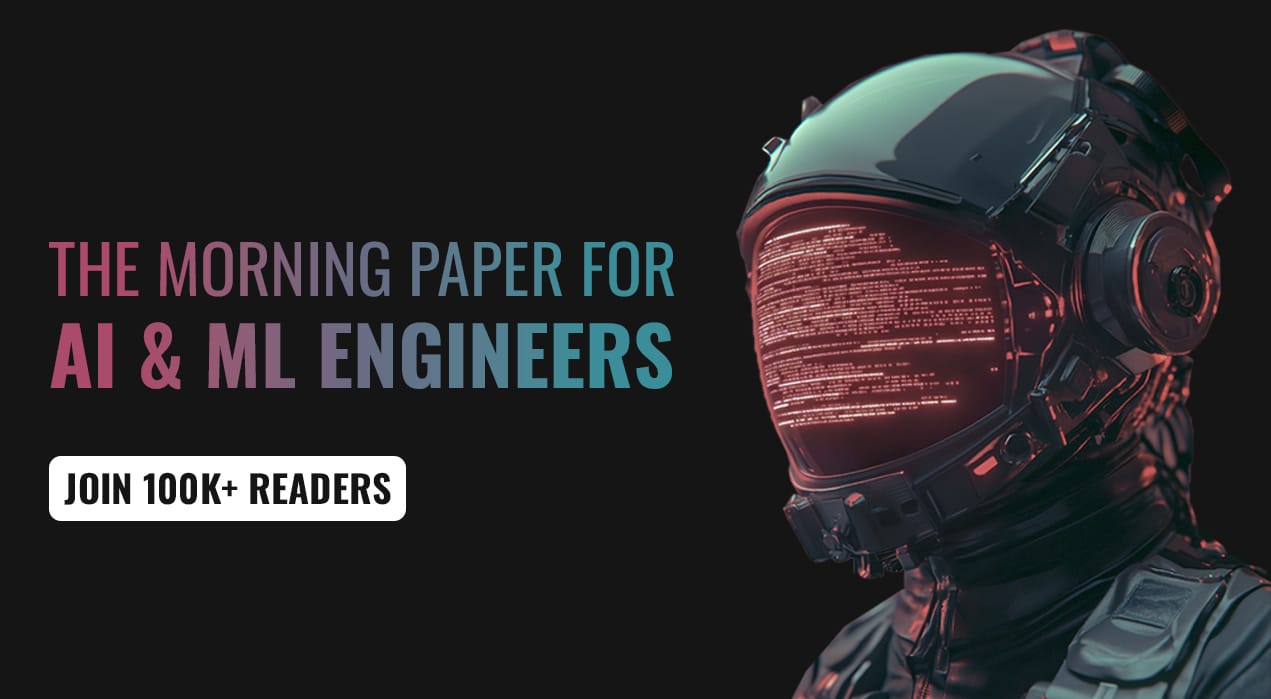- The CyberLens Newsletter
- Posts
- Quantum Intelligence and the Fragile Architecture of Absolute Security
Quantum Intelligence and the Fragile Architecture of Absolute Security
The fusion of quantum computing and AI could redefine data protection while quietly eroding the very control it promises to ensure

Tech moves fast, but you're still playing catch-up?
That's exactly why 100K+ engineers working at Google, Meta, and Apple read The Code twice a week.
Here's what you get:
Curated tech news that shapes your career - Filtered from thousands of sources so you know what's coming 6 months early.
Practical resources you can use immediately - Real tutorials and tools that solve actual engineering problems.
Research papers and insights decoded - We break down complex tech so you understand what matters.
All delivered twice a week in just 2 short emails.

🧩Interesting Tech Fact:
In 1981, Nobel laureate Richard Feynman introduced the radical concept of using quantum mechanics to simulate physical systems—an idea that would eventually spark the field of quantum computing. What’s lesser known is that Feynman also speculated about machine learning behavior emerging from quantum systems long before AI as we know it existed. He theorized that quantum processes might one day “learn” from outcomes, adjusting their probabilities to improve performance—essentially describing a primitive form of quantum intelligence decades before the term was coined. This overlooked insight laid the philosophical groundwork for the fusion of quantum mechanics and AI we’re witnessing today, transforming what was once theoretical curiosity into the foundation of tomorrow’s digital defense.


